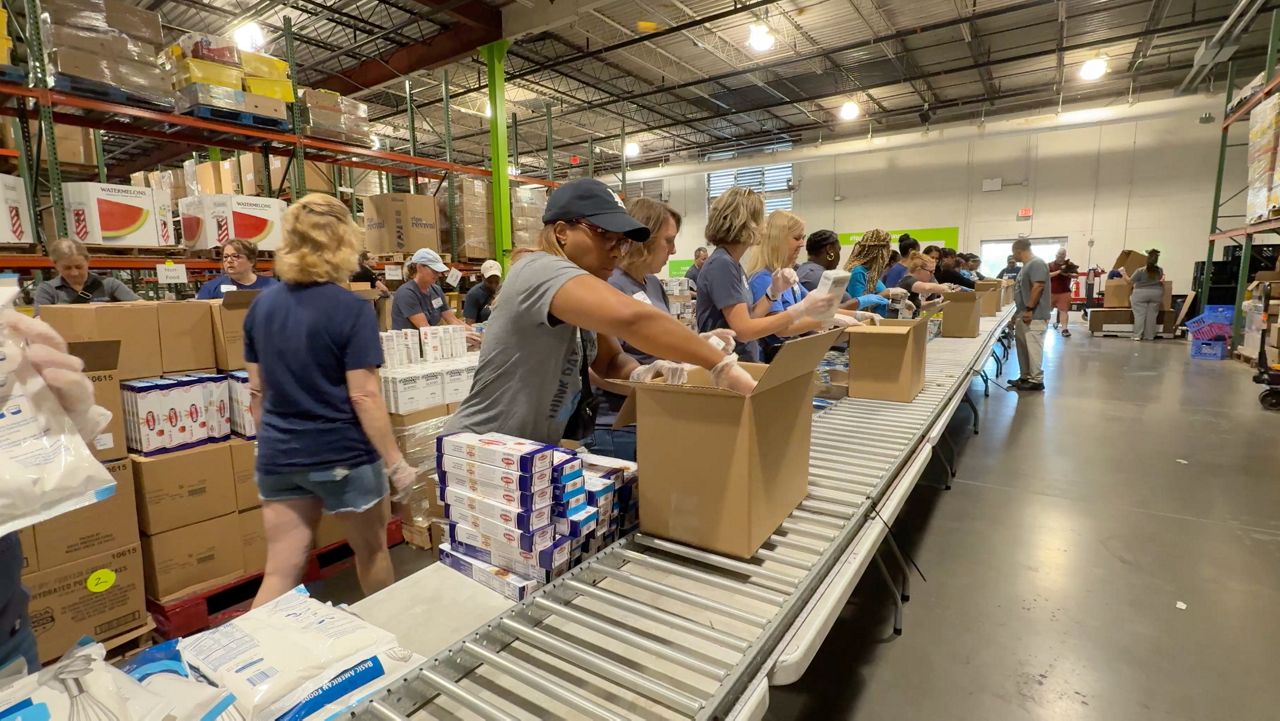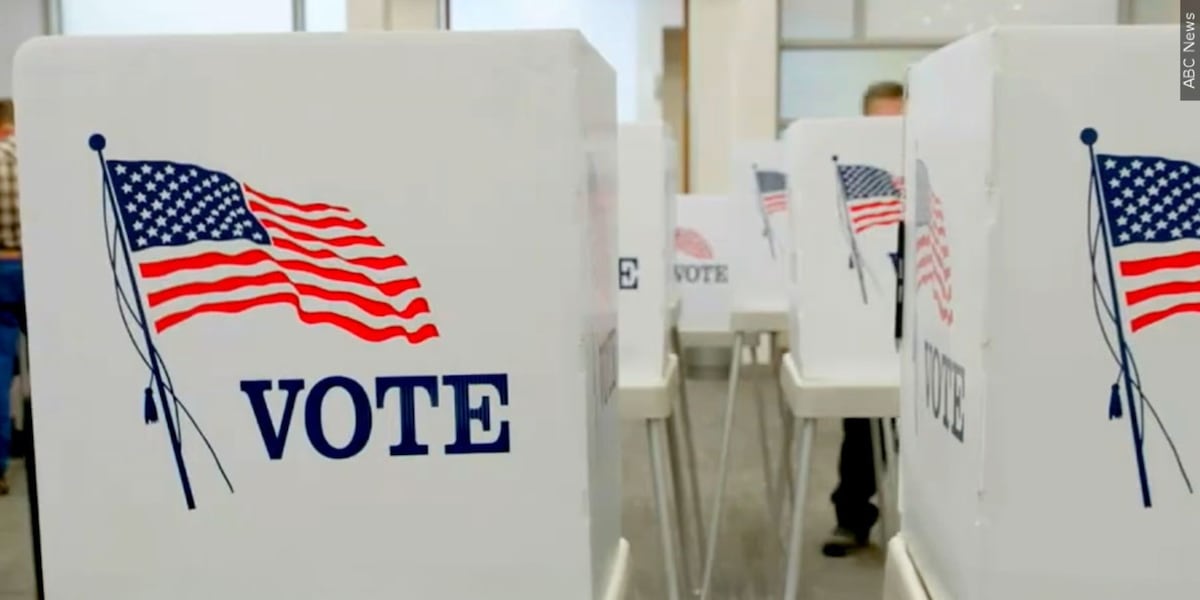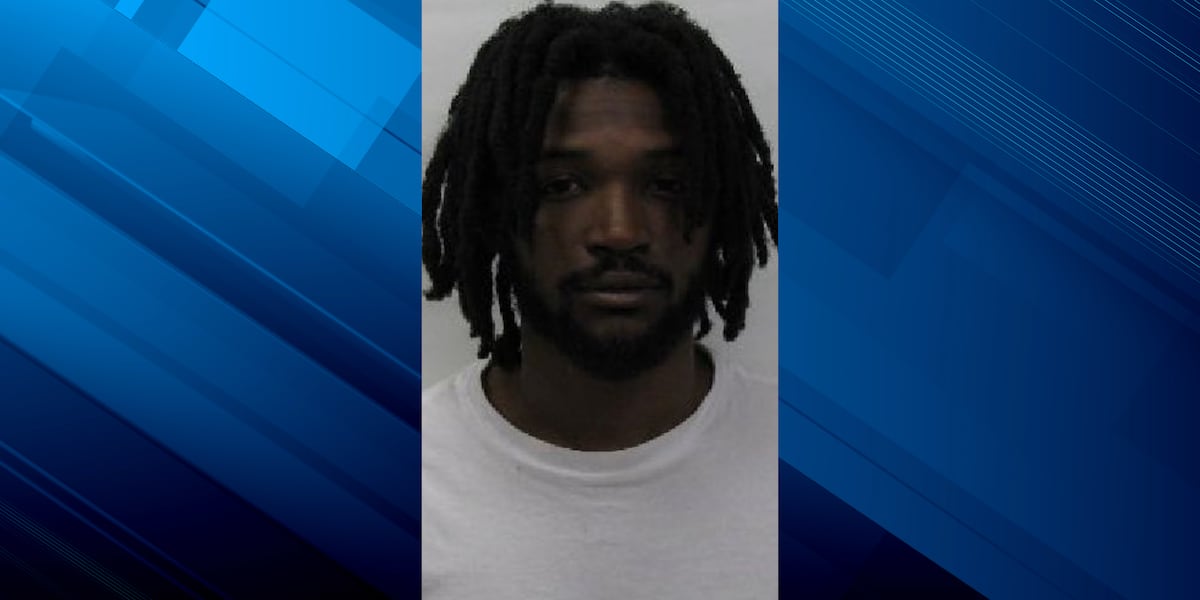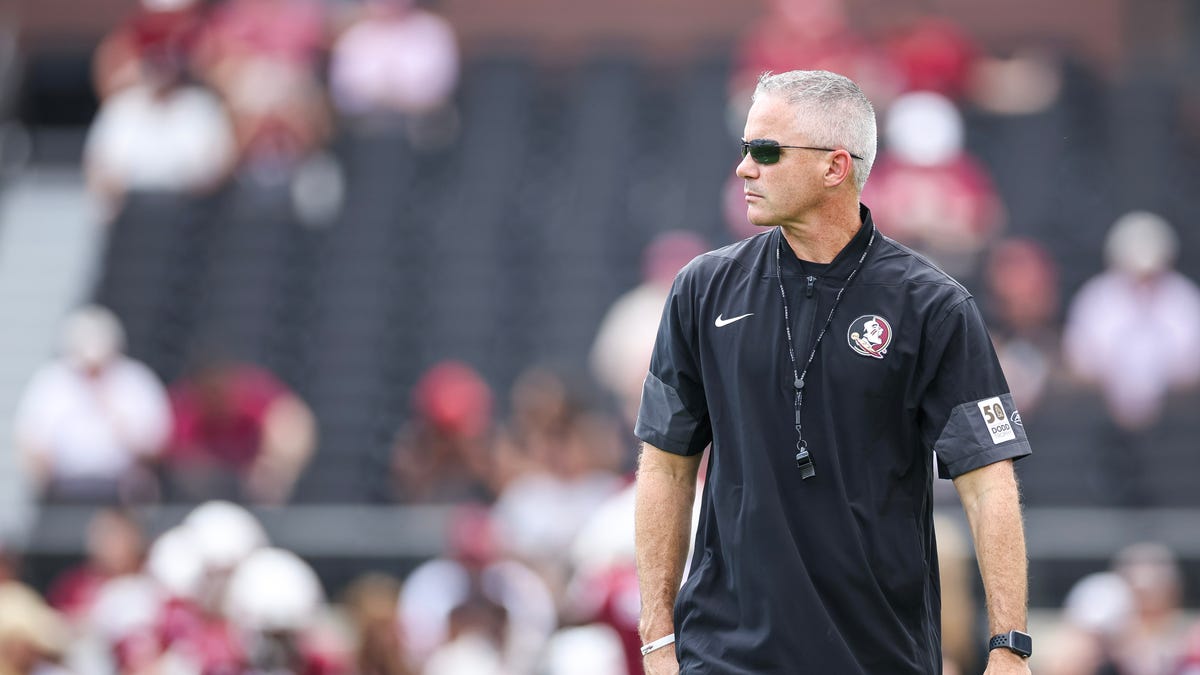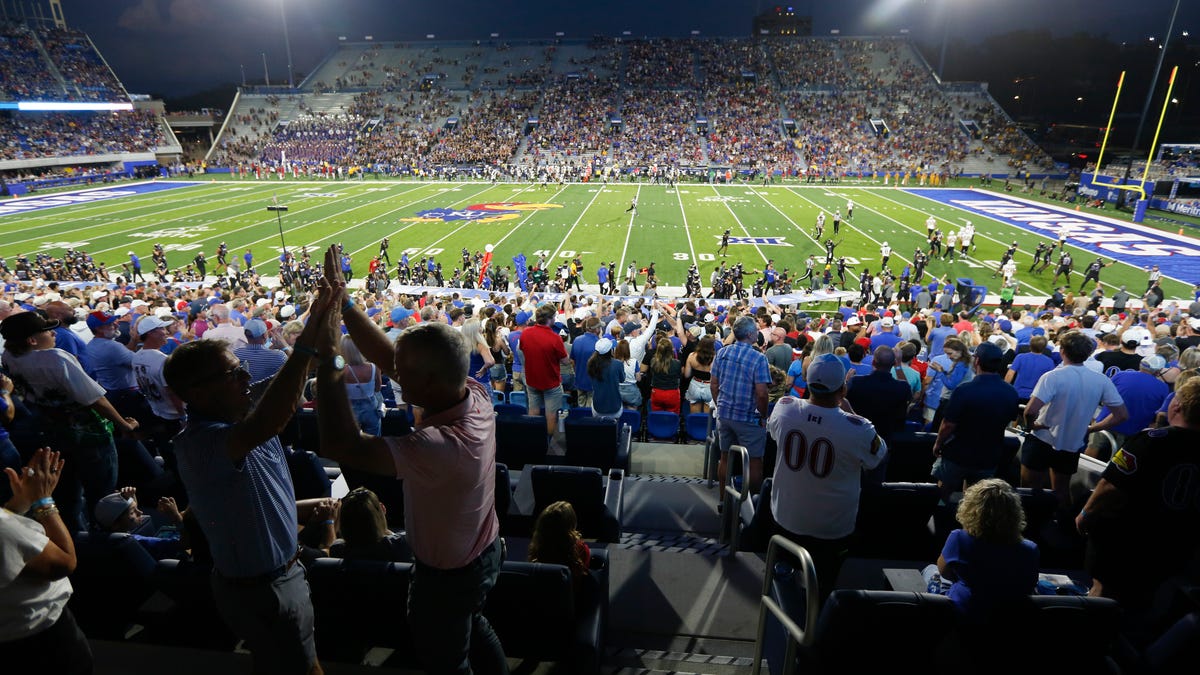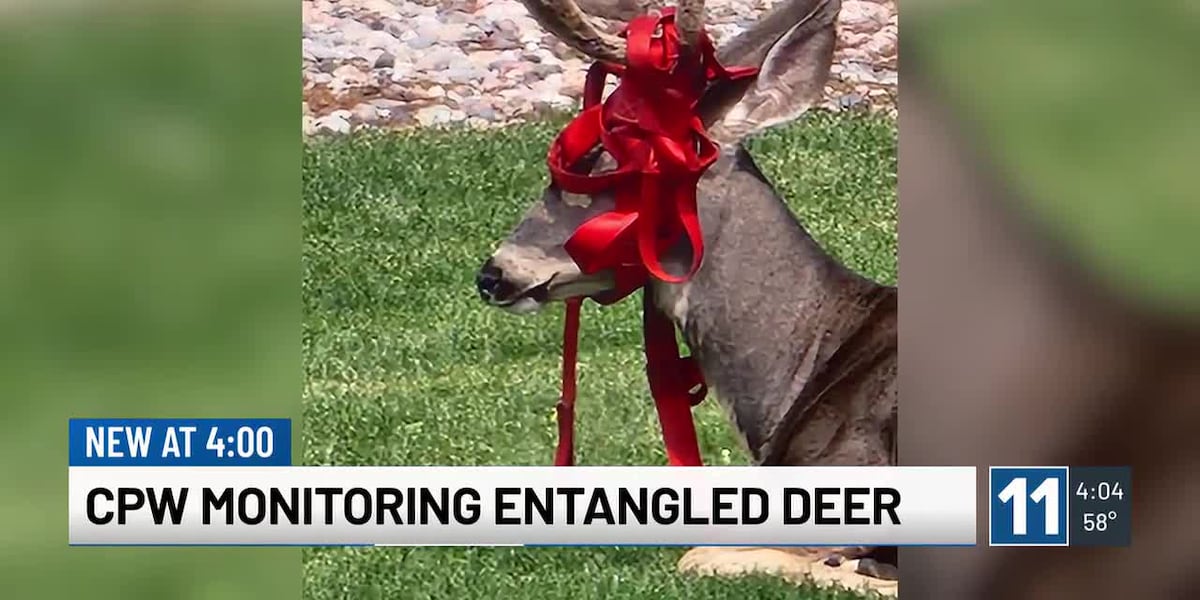Colorado doesn’t have enough capacity to treat everyone suffering with long COVID at the three specialized clinics in the state, so public health leaders are trying to figure out ways for more people to get the care they need closer to home.
Three multidisciplinary clinics in the state see long COVID patients, at National Jewish Health in Denver, UCHealth in Aurora and Family Health West in Fruita. Together, they’ve treated about 10,000 people since mid-2020 — a significant number, but nowhere near everyone in need, said Dr. Sarah Jolley, medical director of the UCHealth Post-COVID Clinic.
Researchers estimated in November 2022 that between 228,000 and 651,000 Coloradans had symptoms that lingered after a COVID-19 infection, what has become known as long COVID.
Some people have relatively mild symptoms, such as loss of smell, while others are unable to work or care for themselves because of extreme fatigue or “brain fog.” Some report their conditions improve over time, while others see no change or get worse.
One idea to bring care to more people with long COVID is building on Project Extension for Community Health Outcomes, or ECHO, which connects primary care providers with specialists to learn how to manage certain conditions locally and to discuss complex patients. It started in New Mexico and initially focused on teaching rural providers to treat patients with hepatitis C, but has expanded over time.
Dr. Kyle Leggott, primary care liaison for Project ECHO in Colorado, said the group put together seven online courses to cover the basics of long COVID care, which are free to providers who want them. They’re still working on setting up groups for more in-depth training and consultation, he said.
“We really need every provider who meets patients in the ambulatory care setting to know what long COVID is,” he said.
Even if care is available in someone’s community, it doesn’t do much good if they can’t afford it, said Chelsey Baker-Hauck, a long COVID patient who spoke at a roundtable hosted by Lt. Gov. Dianne Primavera on Wednesday. She said one drug seems to be preventing more damage from her immune system attacking multiple body tissues, but it was a tough fight to get her insurance to cover it, and she expects to have to go through the same battle again soon.
The state also needs to make other supports more accessible, like disability payments, Baker-Hauck said. A friend of hers who also has long COVID recently lost her home because she was unable to work and spent much of her savings trying to repair her immune system, which is no longer protecting her from routine infections, she said.
“She’s not going to live to see her first disability payment,” she said.
Research suggests people newly infected with COVID-19 now are at a lower risk for lingering symptoms than they were earlier in the pandemic, due to immunity from vaccination and prior infections, as well as changes in the virus itself. That said, some still become seriously ill, placing them at a higher risk for long COVID.
As of Tuesday, 267 people in Colorado were hospitalized for COVID-19, and the number of people admitted on an average day was rising both in the state and nationwide.
Alison Sbrana, a disability activist from Fort Collins who spoke at the roundtable in Aurora, said the state’s infrastructure for treating post-viral syndromes has improved since the pandemic started.
She developed myalgic encephalomyelitis, also known as chronic fatigue syndrome, in 2014 after an infection with the virus that causes mononucleosis. She bounced from specialist to specialist for years with no help, and it was extremely difficult to find someone who could treat her health as a whole and coordinate her care, she said.
While having three multidisciplinary clinics is an improvement over the landscape when she got sick, patients with post-viral conditions still face significant barriers to care, Sbrana said. For example, some people with cognitive symptoms of long COVID can’t drive, and not everyone has a relative or friend who can take them to Denver for appointments, she said.
“It would be an enormous lift for me to come down here and get care,” Sbrana said.
Project ECHO could be a partial solution, especially since the organizers seem interested in hearing from patients about what isn’t working in the current system, Sbrana said. Primary care doctors are accustomed to managing their patients’ health needs, so involving them would take the burden of scheduling and coordination off people struggling with daily life, she said.
“If you can keep it in primary care and teach them what they need to know… you’re going to prevent these patients falling through the cracks,” she said.
Sign up for our weekly newsletter to get health news sent straight to your inbox.


